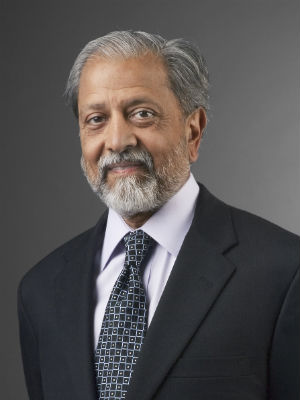 Come Jan. 1, 2015, FM Global will have a new CEO. But talk to current chairman and CEO Shivan Subramaniam and incoming CEO Thomas Lawson and it's clear the philosophy that drives the organization's success will remain intact.
Come Jan. 1, 2015, FM Global will have a new CEO. But talk to current chairman and CEO Shivan Subramaniam and incoming CEO Thomas Lawson and it's clear the philosophy that drives the organization's success will remain intact.
For example, while FM Global is an insurance company, both men see insurance as a secondary function of the organization. Lawson describes FM Global as “an engineering company that also does insurance,” adding the primary goal is to use FM Global's engineering and scientific expertise to make facilities resilient before there is a loss.
“We share the fundamental belief that the majority of loss is preventable,” Lawson, who currently serves as executive vice president, says.
Recommended For You
Want to continue reading?
Become a Free PropertyCasualty360 Digital Reader
Your access to unlimited PropertyCasualty360 content isn’t changing.
Once you are an ALM digital member, you’ll receive:
- Breaking insurance news and analysis, on-site and via our newsletters and custom alerts
- Weekly Insurance Speak podcast featuring exclusive interviews with industry leaders
- Educational webcasts, white papers, and ebooks from industry thought leaders
- Critical converage of the employee benefits and financial advisory markets on our other ALM sites, BenefitsPRO and ThinkAdvisor
Already have an account? Sign In Now
© 2025 ALM Global, LLC, All Rights Reserved. Request academic re-use from www.copyright.com. All other uses, submit a request to [email protected]. For more information visit Asset & Logo Licensing.








